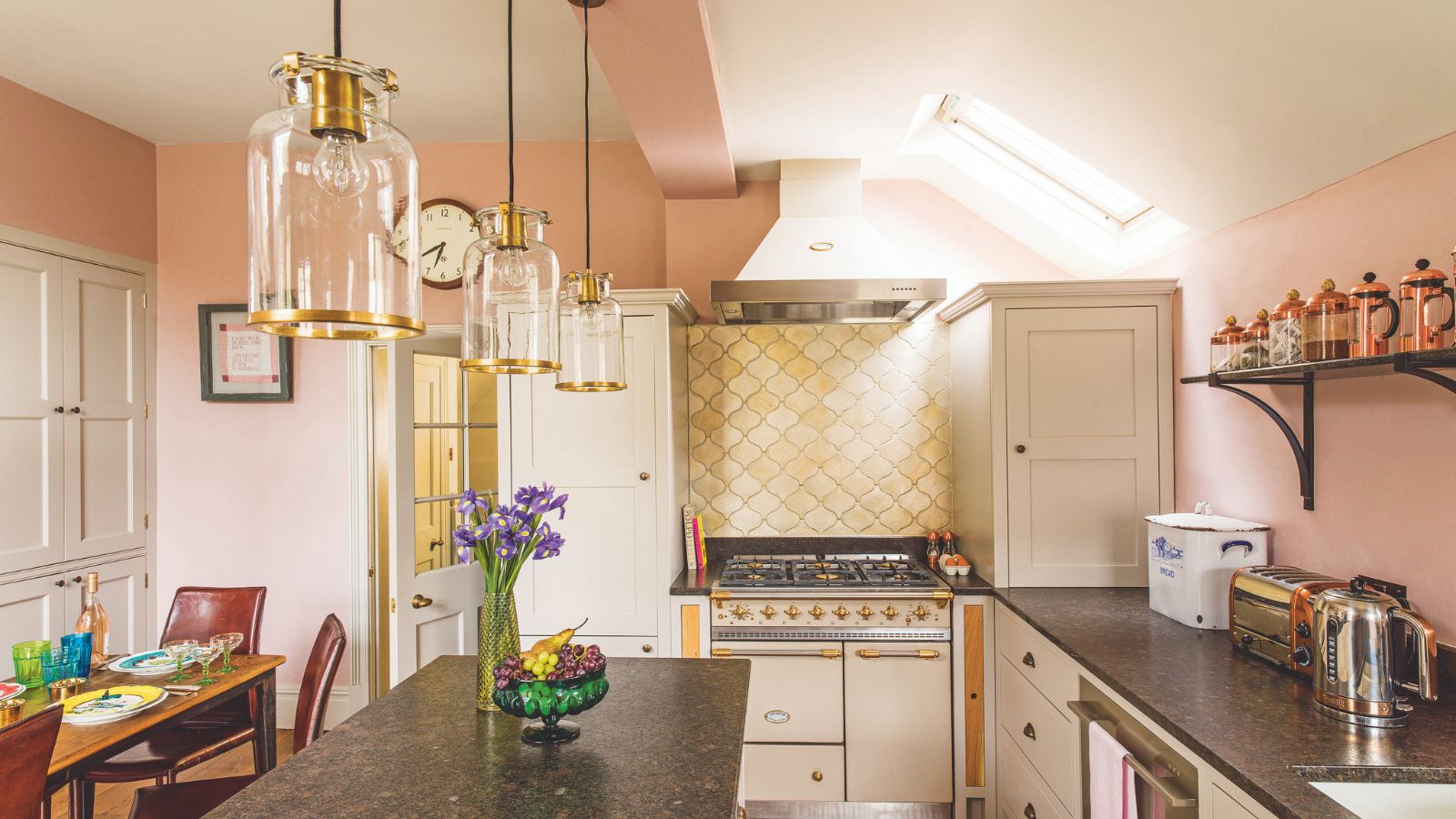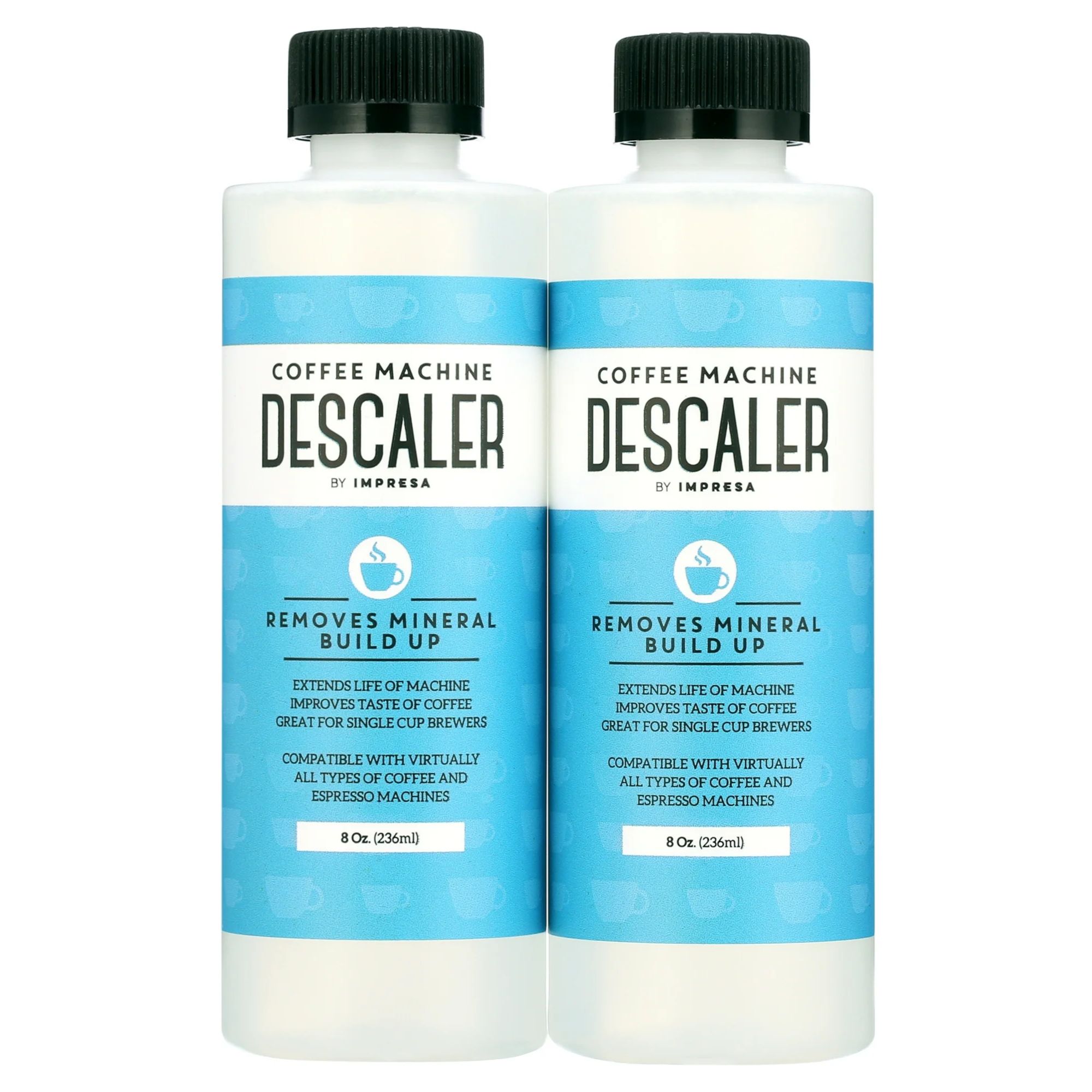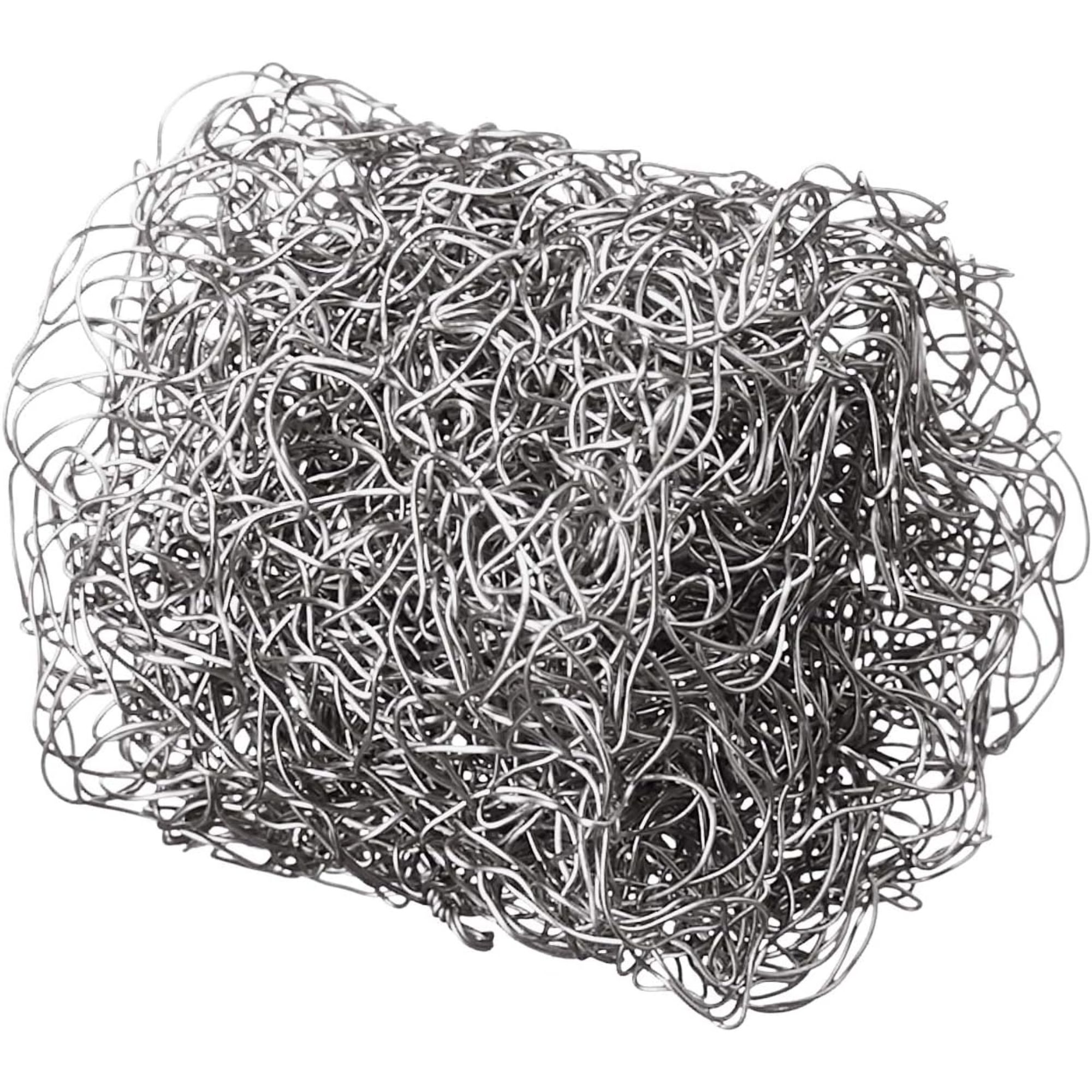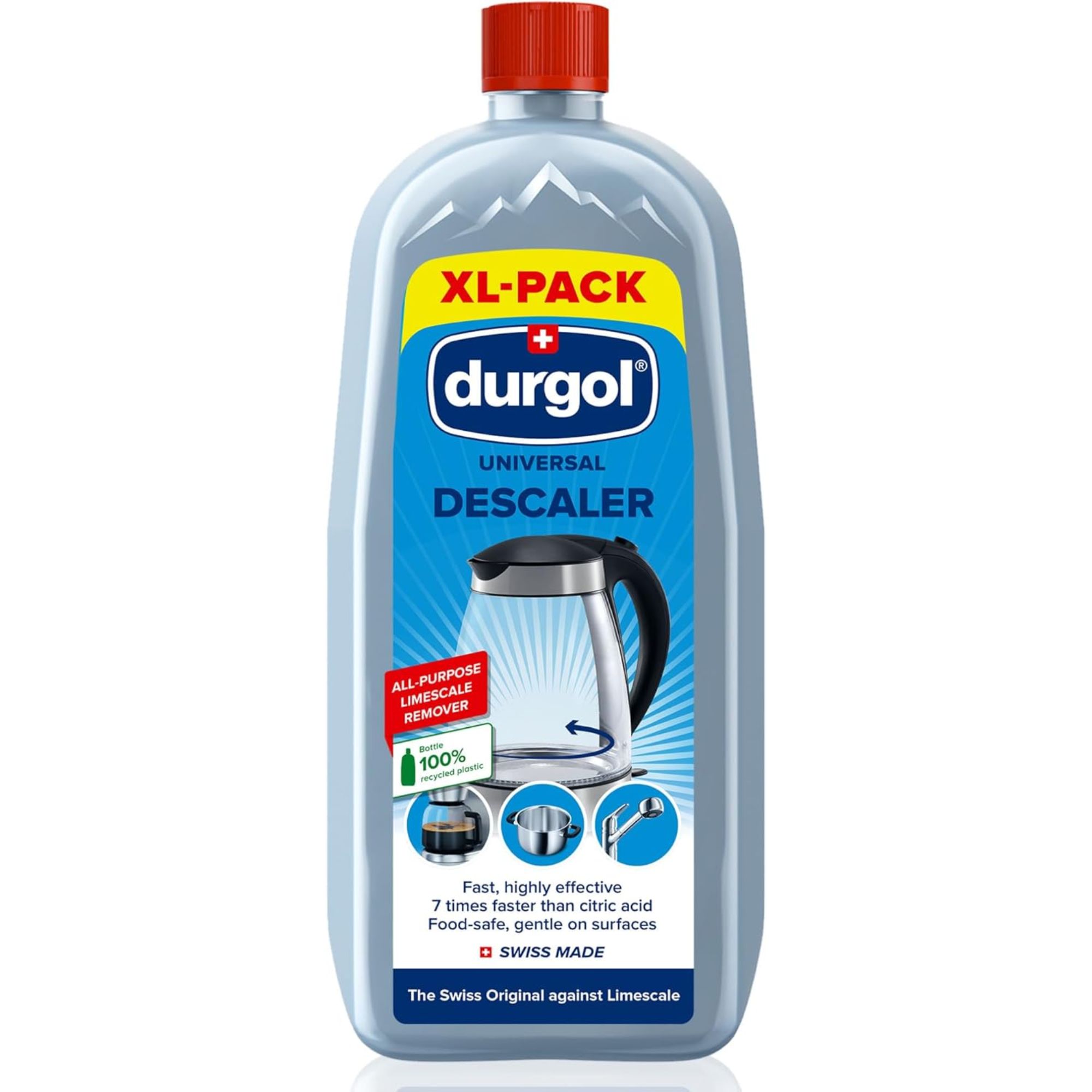
Living in a hard water area, limescale is an unfortunate inevitability in my home. Whether it's built-up on my faucets, showerhead or in my coffee machine, I've accepted that it's almost impossible to swerve completely.
But, as a certified tea lover, I recently found myself struggling to keep even my brand-new kettle free of limescale, after only a day or two of use.
Desperately searching for a solution, I learned this clever cleaning tip from a family member that makes the most of leftover lemons. Now, my kettle's now looking better than ever, and I've reduced my food waste, too.
How to use lemons to descale a kettle
I nearly always have lemons lying around at home, leftover from cooking or making drinks a little stronger than tea. And, as much as I love tea, I hate food waste, so was struggling to use them up before they unceremoniously ended up in the compost bin again. Well, not any longer.
After complaining to a family member about my struggles to descale the kettle at home, they suggested cleaning with lemon juice, a trick they had recently discovered.
The best part? All you need is a couple of old lemons – no cleaning with vinegar, no cleaning with baking soda, and certainly no dish soap. This method is quick and virtually effortless.
Simply score two lemons with a sharp kitchen knife, fill your kettle, pop them in the water, and put it on to boil. You don't even need to juice your lemons. Once boiled, leave to sit overnight before boiling once more.
Then, when cooled, empty the pot and use a soft microfiber sponge, such as the HOMEXCEL Microfiber Cleaning Cloths available at Amazon to literally scrape away the built-up limescale, without leaving any scratches, damage, or visible traces. When showed this trick, it's safe to say I was amazed, and seriously impressed.
It is worth saying that I haven't tried using this method to clean an electric kettle, but it worked fabulously on my Le Creuset Whistling Kettle, so I'm sure it would work just as well in that instance. Karina Toner, cleaning expert and operations manager at Spekless, has tried it to descale a kettle, and certainly thinks it does.
'I actually do this every now and then, usually when I find a sad, wrinkly lemon in the fridge that’s past its salad dressing prime,' she says. 'The citric acid helps break down limescale buildup, and boiling it just gets it into all the little corners inside the kettle.
'Honestly, it’s such an underrated hack. It’s gentle, smells fresh, and I always feel a bit smug that I didn’t have to reach for any harsh cleaning chemicals. I just boil the lemon in water, let it sit for a bit, give the kettle a quick swish, then rinse. Works a treat!'
Importantly, I use this as more of a preventative measure, once limescale is visible but before build-up gets particularly bad. If your kettle hasn't been cleaned or descaled in a while, you might need something a little stronger. You can descale a kettle with vinegar, for example, or use a specifically-formulated product, like this Kettle & Iron Descaler available at Amazon.
So, next time you have some sad-looking lemons sitting around at home, why not try this clever way to reduce food waste, be sustainable at home, and make use of your leftovers to descale the kettle.
What to shop
All prices were correct at the time of publication.

While this descaler is formulated for coffee and espresso machines, it can also be used in your kettle to effectively eliminate limescale and mineral build-up, and prevent corrosion.

Simply pop this scale collector into your kettle to attract limescale and other mineral elements, and prevent damage to the heating element.

This professional grade XL bottle of universal descaler effortlessly combats limescale, and can be used to clean a coffee machine, descale a kettle, and make a shower head shine.
Meet our expert
After more eco-friendly cleaning tips? There are actually a number of things you can clean with citric acid around the house, from bathroom fixtures to cutting boards.







